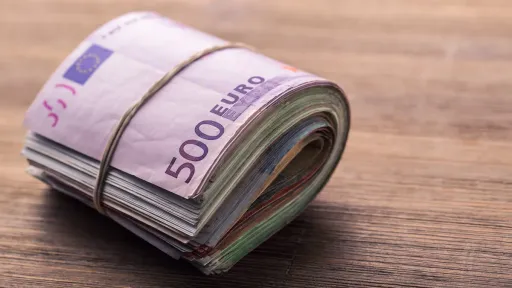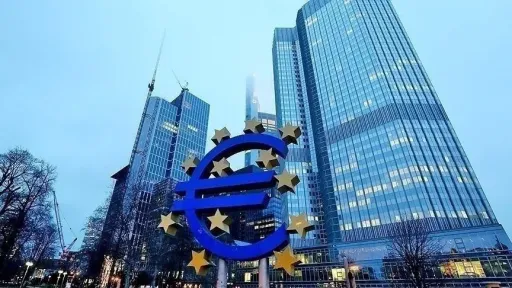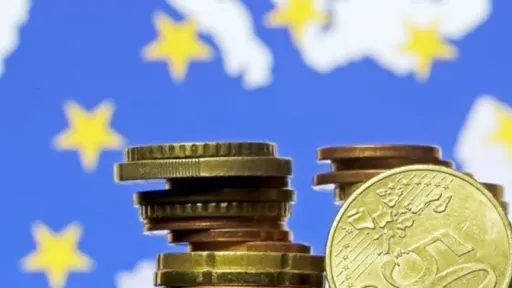Cash remains king in Greece

One in three Greeks still receives between one and three quarters of their income in cash, a percentage that is the highest in the eurozone and points to the extensive tax evasion that exists in this country. This comes from a European Central Bank survey of European citizens’ payment trends, according to which cash – although in decline due to the spread of electronic transactions – is still the eurozone’s dominant means of payment.
The share of electronic payments in Greek consumer transactions increased, according to ECB data, from 7% in 2019 to 19% in 2022 in terms of transaction numbers and from 11% to 27% in terms of value.
However, at the same time Greece is an “extreme case,” according to the ECB, as 11% of its residents say they receive up to a quarter of their income in cash. This is almost double the eurozone average of 5%. Eight percent of eurozone residents surveyed said they receive half of their income in cash and 9% claimed to receive more than three quarters of their income in cash.
A total of 33% of Greeks (up to 39% including those who say they don’t know) responded that they receive from 1/4 to 3/4 of their income in cash; this is the highest in the eurozone, where the corresponding rates are 5% and 25%. The lowest percentage of citizens who are paid in cash is to be found in Finland, where only 5% said they receive part of their income in cash.
Greeks have become familiar with card use as a preferred means of payment in 50% of their transactions at the points of sale (POS). But they also want to have the choice of cash, at a rate of 24%, which is close to the eurozone average of 22%.
The average available amount in Greeks’ wallet when they start their day is around 78 euros, compared to €83, which is the average in the eurozone, with variations from the €121 that the average Austrian wants to have and €46 that the average Dutchman wants.
kathimerini







